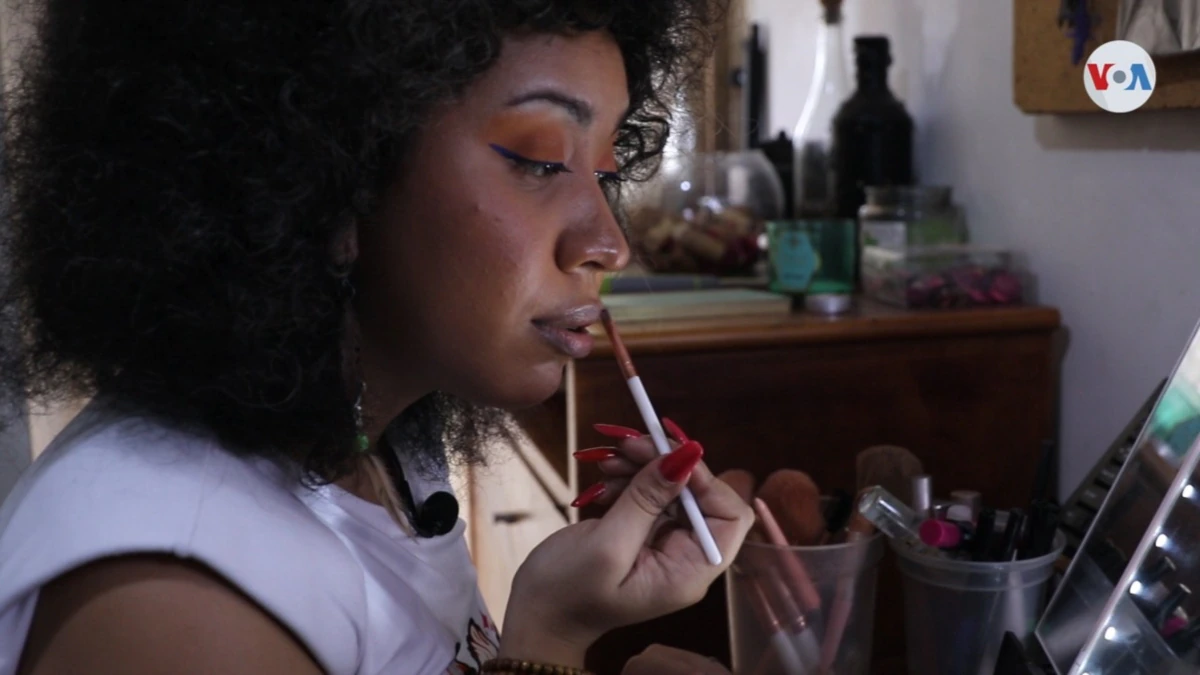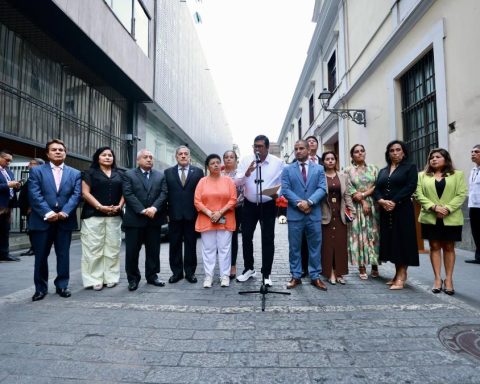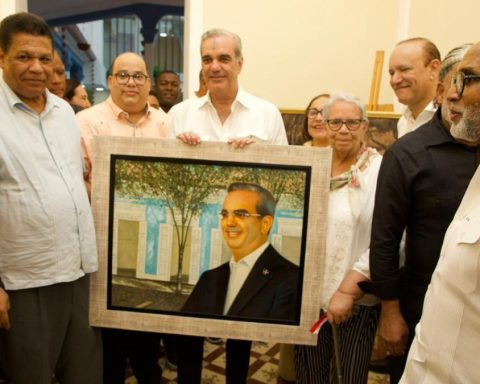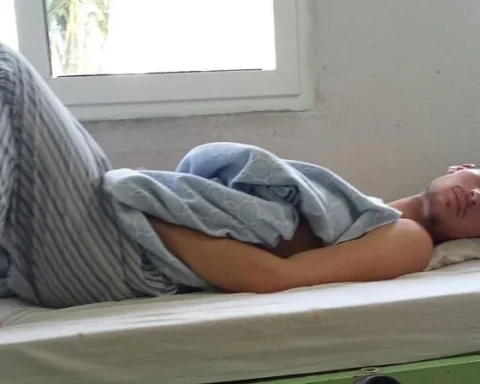“As black and Afro-descendant girls grow up, we feel different because of issues as basic as our hair”: Africa Salomé, 26, wears her afro with pride, but it wasn’t always like that, for years she straightened it amid “traumas” and “disconnection” with their culture.
“Improving the race” or “bad hair” are phrases that are naturalized in Venezuela, which has a varied population resulting from miscegenation between indigenous people, Spaniards, and Africans from the process of conquest in the fifteenth century.
According to the 2011 Venezuelan population and housing census, 0.7% of Venezuelans identify as Afro-descendant and 2.9% as black. 51.6% recognize themselves as brown.
More recent data is not available.
Like so many other black women in Latin America, Africa Salomé, who grew up in the interior of Venezuela, tried to change her appearance to avoid discrimination.
“They told me straighten your hair, tie your hair, that braid is weird,” and “while girls with straight hair, not necessarily white, could wear their hair down (at school), I couldn’t,” he recalls during an interview with the Voice of America.
So, “comes ironing, straightening” and even “buying lighter makeup”.
A high school photograph reminds her of those days… she wears straight hair, a smile that “is like an actress” because “I was super self-conscious at the time,” recalls the young woman.
But after “traumatic experiences”, Africa, who is a singer, decided to cut her hair, “to get rid of the past”.
And for eight years she has been wearing her natural afro. It is not the most common in Venezuela, although some movements and specialized hairdressers are beginning to emerge.
Africa has been asked more than once where she is from: Cuba, Brazil, the Dominican Republic… just because of the way she wears her hair.
“If they gave me a dollar for the times they ask me if I’m from Venezuela, I’d be a millionaire,” says this young woman who studied art in Caracas.
Her mother, a biracial woman born in the 1960s, for example, continues to straighten her hair.
“Racism made them want to get away from their essence and their blackness at times,” says Africa, who assures that it was through his parents that he first connected with black culture, especially music.
His repertoire on stage is full of referents of black music, especially from the United States. On the platform of a bar in a luxurious hotel in Caracas, Africa fills songs like “Respect” by Aretha Franklin, which are received with much applause.
“structural racism”
Africa defines itself as Afro-feminist.
“When I realized that my body as an Afro-descendant woman, (…) both in the United States, as in Canada, as in Venezuela, as in the South, was worth the same to people who are racist, that I was a strange fruit for them, I wanted to sing music with a theme” about racial segregation, police brutality, he says.
And he affirms that Venezuela, despite being a deeply mestizo country, does not escape from a “structural racism, not only cultural.”
She explains that, while today she can show off her afro hair as a singer, “girls have written to me from cities in the interior of the country and even from Caracas, where they are not allowed to enter school with their afro hair, and they have said offensive things to the point of not wanting to go anymore”.
“To say that there is no racism in Venezuela is to deny a reality (…) When people say that there is no racism in Venezuela, they say it from privilege, from ignorance and ignorance,” and insists that, “saying that there is no Racism in Venezuela is like saying that there is no poverty because there is an expensive car in a place in eastern Caracas.”
Connect with the Voice of America! Subscribe to our channel Youtube and turn on notifications, or follow us on social media: Facebook, Twitter and Instagram.
















